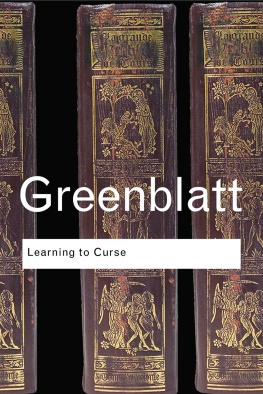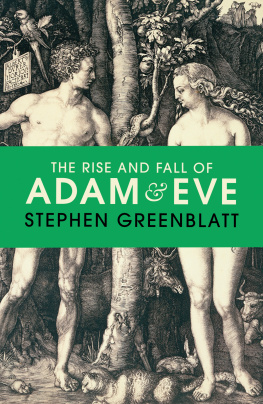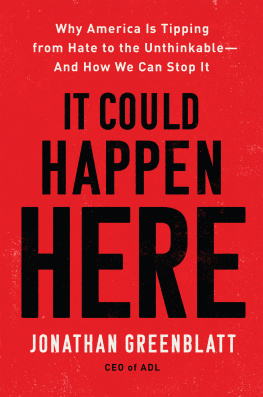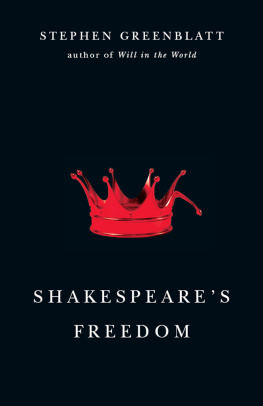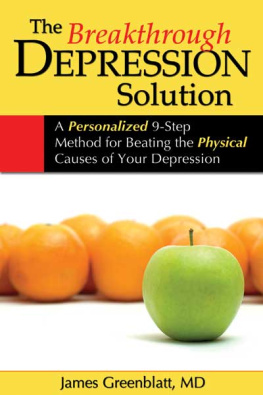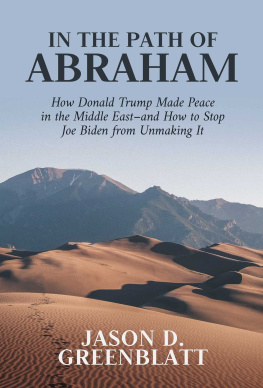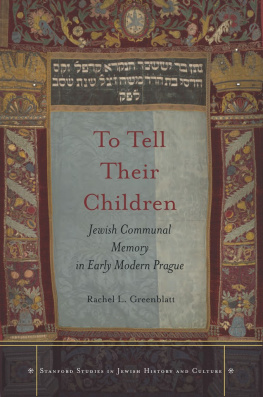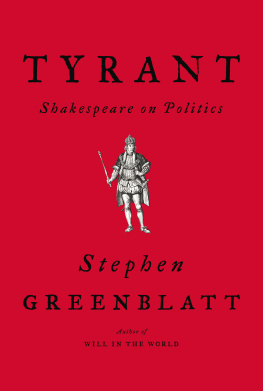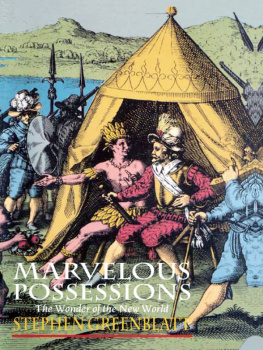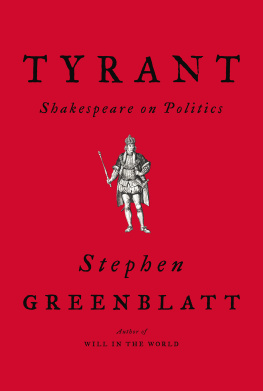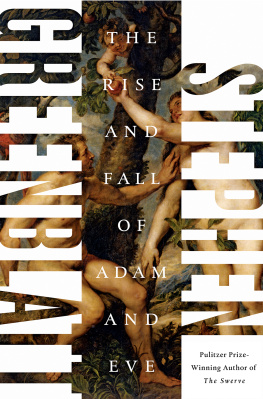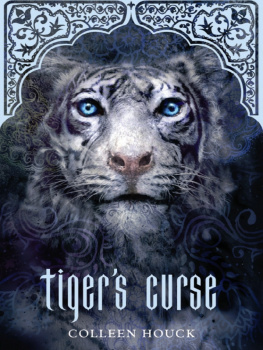Greenblatt - Learning to Curse
Here you can read online Greenblatt - Learning to Curse full text of the book (entire story) in english for free. Download pdf and epub, get meaning, cover and reviews about this ebook. publisher: Taylor and Francis, genre: Romance novel. Description of the work, (preface) as well as reviews are available. Best literature library LitArk.com created for fans of good reading and offers a wide selection of genres:
Romance novel
Science fiction
Adventure
Detective
Science
History
Home and family
Prose
Art
Politics
Computer
Non-fiction
Religion
Business
Children
Humor
Choose a favorite category and find really read worthwhile books. Enjoy immersion in the world of imagination, feel the emotions of the characters or learn something new for yourself, make an fascinating discovery.
- Book:Learning to Curse
- Author:
- Publisher:Taylor and Francis
- Genre:
- Rating:5 / 5
- Favourites:Add to favourites
- Your mark:
- 100
- 1
- 2
- 3
- 4
- 5
Learning to Curse: summary, description and annotation
We offer to read an annotation, description, summary or preface (depends on what the author of the book "Learning to Curse" wrote himself). If you haven't found the necessary information about the book — write in the comments, we will try to find it.
Learning to Curse — read online for free the complete book (whole text) full work
Below is the text of the book, divided by pages. System saving the place of the last page read, allows you to conveniently read the book "Learning to Curse" online for free, without having to search again every time where you left off. Put a bookmark, and you can go to the page where you finished reading at any time.
Font size:
Interval:
Bookmark:
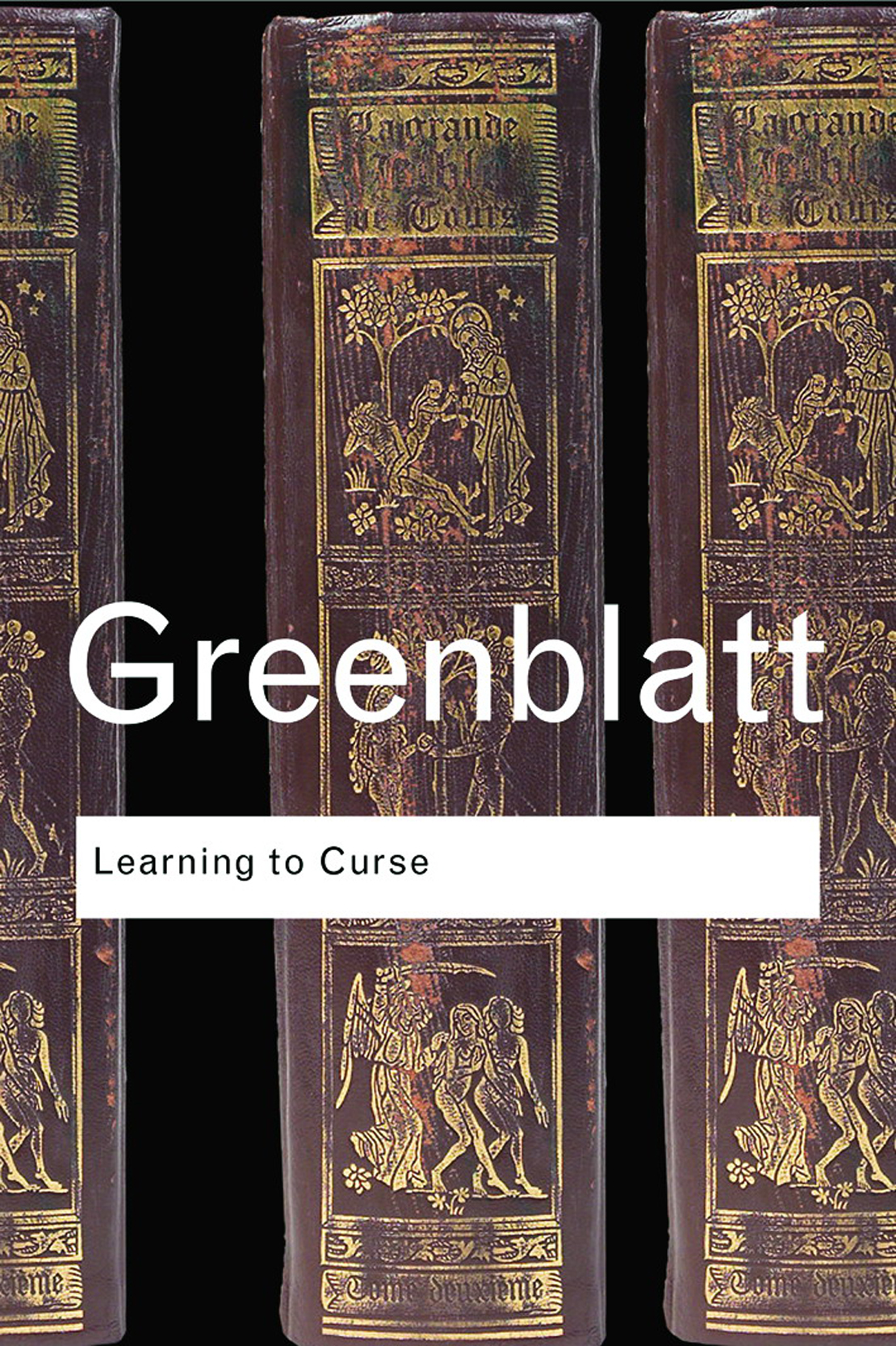
Nobody at present is writing better about Shakespeare and other Early Modern matters... Greenblatt is a critic who, not quite single handedlyfor he feeds on the work of others, in his own and adjacent disciplinesis bringing about a transformation in the way people, and not just literary people, choose to think about the Early Modern period.
Frank Kermode
Greenblatt writes with modest elegance, is a superb scholar and researcher, and deserves his status as the first voice in Renaissance studies today.
Virginia Quarterly Review
A wide-ranging book with an enormous frame of literary and historical reference, and there are few subjects on which Greenblatt is less than fascinating.
San Francisco Examiner-Chronicle

Routledge Classics contains the very best of Routledge publishing over the past century or so, books that have, by popular consent, become established as classics in their field. Drawing on a fantastic heritage of innovative writing published by Routledge and its associated imprints, this series makes available in attractive, affordable form some of the most important works of modern times.
For a complete list of titles visit
www.routledge.com/classics
Stephen
Essays in early modern culture
with a new introduction by the author

First published 1990 by Routledge
First published in paperback 1992 by Routledge
First published in Routledge Classics 2007
by Routledge
270 Madison Ave, New York, NY 10016
Simultaneously published in the UK
by Routledge
2 Park Square, Milton Park, Abingdon, Oxon OX14 4RN
Routledge is an imprint of the Taylor & Francis Group, an informa business
1990 Routledge, Chapman and Hall Inc
Introduction to the Routledge Classics edition 2007 Stephen Greenblatt
Typeset in Joanna by RefineCatch Limited, Bungay, Suffolk
Printed and bound in Great Britain by
MPG Books Ltd, Bodmin
All rights reserved. No part of this book may be reprinted or reproduced or utilised in any form or by any electronic, mechanical, or other means, now known or hereafter invented, including photocopying and recording, or in any information storage or retrieval system, without permission in writing from the publishers.
Library of Congress Cataloging in Publication Data
Greenblatt, Stephen.
Learning to curse: essays in early modern culture / Stephen Greenblatt; with a new introduction by the author.Routledge classics ed.
p. cm.
Includes bibliographical references and index.
1. English literatureEarly modern, 15001700History and criticism.
2. Renaissance. 3. Culture. I. Ttitle.
PR413.G74 2006
820.9003dc22
2006029609
British Library Cataloguing in Publication Data
A catalogue record for this book is available from the British Library
ISBN10: 0415771609
ISBN13: 9780415771603
Learning to Curse: Aspects of Linguistic Colonialism in the Sixteenth Century, in First Images of America: The Impact of the New World on the Old, ed. Fredi Chiappelli (Berkeley: University of California Press, 1976), pp. 561580.
Marlowe, Marx, and Anti-Semitism, in Critical Inquiry 5 (1978), pp. 291307.
Filthy Rites, in Daedalus 111 (1982), pp. 116.
The Cultivation of Anxiety: King Lear and His Heirs, Raritan 2 (1982), pp. 92124.
Murdering Peasants: Status, Genre, and the Representation of Rebellion, in Representations 1 (1983), pp. 129.
Psychoanalysis and Renaissance Culture, in Literary Theory/Renaissance Texts, ed. Patricia Parker and David Quint (Baltimore and London: Johns Hopkins University Press, 1986), pp. 210224.
Towards a Poetics of Culture, in Southern Review 20 (1987), pp. 315. A slightly different version of this essay appears as Capitalist Culture and the Circulatory System, in The Aims of Representation: Subject/Text/History, ed. Murray Krieger (New York: Columbia University Press, 1987), pp. 257273.
Resonance and Wonder, in Bulletin of the American Academy of Arts and Sciences 43 (1990), pp. 1134. Also in Literary Theory Today, ed. Peter Collier and Helga Geyer-Ryan (Cambridge: Polity Press, 1990), pp. 7490.
CLASSICS EDITION
In the introduction I originally wrote for this collection of essays, I recounted some of the particular circumstances in my upbringing and education that condition my own characteristic perceptions, set the questions I typically ask of the world, and help shape (before I even begin to work) the sentences I am likely to generate. These autobiographical reflections were meant to serve in lieu of something about the specific occasions that called forth each of the piecesa conference here, a lecture invitation there, the welcome opportunity to step forward and vent my folly, as Touchstone mockingly says, in the pages of one journal or another. Having ducked the opportunity to describe these occasions once, it is probably ridiculous to embrace it now, but I will venture briefly to comment on a few of these pieces, since their originating circumstances are now all far enough in the past to make them seem at once emblematic and somewhat curious.
The title essay, Learning to Curse, owes its existence to an invitation to participate in a conference held in 1975 at UCLA on First Images of America. My own connection to the subject was rather tenuous: in a book, based on my dissertation, on Sir Walter Ralegh, I had included a discussion of his voyages to Guiana. The pages must have caught the attention of the conference organizer, the prodigiously energetic director of UCLA's Center for Medieval and Renaissance Studies, Fredi Chiappelli. A Florentine whose blend of worldliness and entrepreneurial cunning earned him the wryly affectionate nickname Machiapelli, he had the foresight to anticipate, some twenty years before the event, that the quincentenery of Columbus's first voyage would summon up unusual scholarly efforts, and he embarked on a plan that called for the translation of all of Columbus extant writings; research on his intellectual and cultural contexts; an attempt, through an exhibition of landscape paintings of Italy, Greece, Spain, and the Caribbean, to reconstruct his visual world; and a sustained focus on the great moment of the fateful encounter. First Images of America was Chiappelli's initial salvo, and it was done in characteristic style: a grand international event, with dozens of papers in an array of languages, exhibitions, receptions, banquets, and an intense sense, still perhaps at least dimly conveyed by the two massive volumes of published conference papers, that something very important was happening.
Something important, in any case, was happening for me. I had, in the course of writing my paper, discovered the fascination of the great collections of travel accounts assembled by Hakluyt, Purchas, and Ramusio, a fascination that determined much of the subsequent work on which I embarked for decades afterward. The fascination was not unmixed with anger and disgust, for the accounts are often quite horrible, but a deep inner disturbance has its uses. I could not stop reading these narratives: they haunted my dreams, as well as my waking hours, and I discovered, not for the last time, that what began as background reading, was jostling its way to the foreground. At the start, I wanted to know why in
Font size:
Interval:
Bookmark:
Similar books «Learning to Curse»
Look at similar books to Learning to Curse. We have selected literature similar in name and meaning in the hope of providing readers with more options to find new, interesting, not yet read works.
Discussion, reviews of the book Learning to Curse and just readers' own opinions. Leave your comments, write what you think about the work, its meaning or the main characters. Specify what exactly you liked and what you didn't like, and why you think so.

